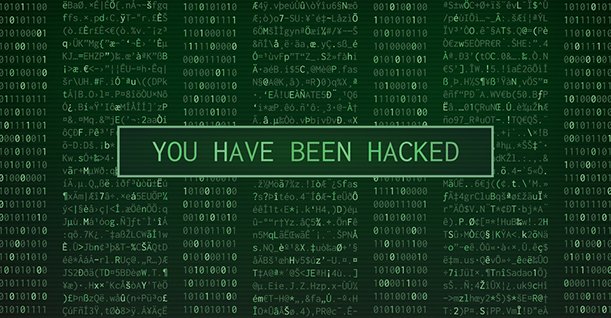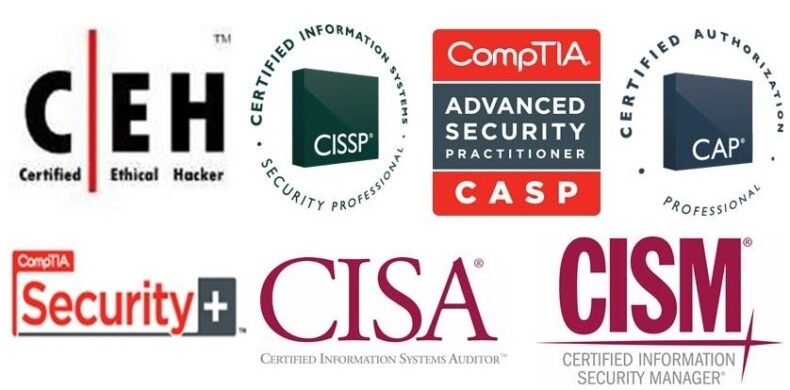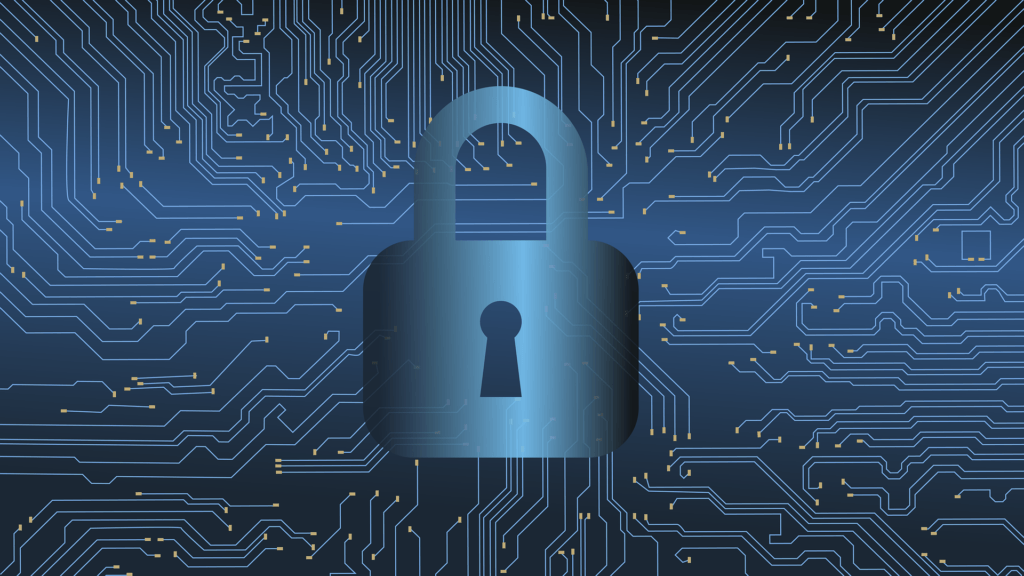
In an era where technology permeates every aspect of our lives, hacking has emerged as one of the most menacing threats to individuals, businesses, and governments worldwide. Hacking, the act of gaining unauthorized access to computer systems or networks, has evolved from a curiosity-driven endeavor to a well-organized, financially motivated, and politically influenced criminal enterprise. In this extensive blog post, we will explore the reasons why you should fear hacking, understanding its potential consequences, the vulnerabilities it exploits, and the urgent need for robust cybersecurity measures.
- Your Privacy Hangs in the Balance
Hacking poses a significant threat to personal privacy. As we increasingly entrust our data to online platforms and services, hackers can exploit vulnerabilities to gain access to sensitive information. From personal emails and social media accounts to financial records and medical history, a breach of privacy can lead to identity theft, blackmail, or even more sinister consequences in the hands of malicious actors.
- Financial Loss and Identity Theft
Hacking can have severe financial repercussions. Cybercriminals employ various techniques like phishing, ransomware, and credit card fraud to siphon money directly from victims’ bank accounts or commit identity theft. The fallout from financial loss can be emotionally distressing and may take months or even years to recover from fully.
- Corporate Espionage and Intellectual Property Theft
In the competitive business landscape, hacking serves as a powerful tool for corporate espionage. Competing firms or foreign entities may attempt to infiltrate an organization’s network to steal proprietary information, trade secrets, or valuable intellectual property. This kind of espionage can severely damage a company’s market position and future prospects.
- Disruption of Critical Infrastructure
Hacking isn’t limited to stealing data; it can lead to the disruption of essential services and critical infrastructure. Power grids, transportation systems, healthcare facilities, and government networks are all potential targets. A successful attack on such systems can have catastrophic consequences for society, leading to blackouts, transportation standstills, or compromised public safety.
- Spread of Misinformation and Fake News
The digital age has given rise to an alarming spread of misinformation and fake news. Hackers can exploit social media accounts, news websites, or even government portals to disseminate false information, leading to confusion, panic, and social unrest. Fake news can manipulate public opinion, influence elections, and undermine trust in legitimate sources of information.
- Exploitation of IoT Devices
The Internet of Things (IoT) revolution has brought convenience to our lives, but it has also opened up new avenues for hackers. Insecure IoT devices can be hijacked to launch large-scale Distributed Denial of Service (DDoS) attacks, invade privacy, or compromise home security systems.
- Nation-State Cyber Warfare
The digital realm has become the battleground for nation-states engaged in cyber warfare. State-sponsored hacking attacks can target critical infrastructure, government agencies, and military establishments, causing geopolitical tensions and escalating conflicts.
- Psychological Impact
Being a victim of hacking can have a profound psychological impact on individuals. Feelings of vulnerability, fear, and loss of control over one’s digital life can lead to heightened anxiety and mistrust of technology, hindering personal growth and relationships.
The Urgent Need for Cybersecurity
While hacking poses formidable threats, it is essential to remember that not all hackers are malicious. Ethical hackers, known as “white hat” hackers, play a crucial role in identifying vulnerabilities and strengthening cybersecurity defenses. However, the scale and sophistication of cyber threats necessitate a robust cybersecurity ecosystem that encompasses the following:
- User Education: Educating individuals about safe online practices, recognizing phishing attempts, and the importance of strong passwords.
- Secure Software Development: Developers must prioritize security during the software development life cycle, minimizing vulnerabilities in the code.
- Regular Software Updates: Promptly applying security patches and updates to software and devices to fix known vulnerabilities.
- Network Security: Employing firewalls, intrusion detection systems, and encryption protocols to safeguard data in transit.
- Multi-Factor Authentication (MFA): Implementing MFA for an added layer of security, reducing the risk of unauthorized access.
- Incident Response Plans: Creating well-defined incident response plans to mitigate and recover from cyber attacks swiftly.
- Collaboration and Information Sharing: Encouraging collaboration among organizations, sharing threat intelligence to stay ahead of evolving hacking techniques.
Conclusion
In conclusion, the fear of hacking is not unfounded; it is a very real and pervasive threat that affects us all in this digital age. The consequences of hacking extend beyond financial losses and can disrupt societies, damage reputations, and compromise personal safety. The solution lies in collective action, where individuals, organizations, and governments work together to prioritize cybersecurity, raise awareness, and adopt best practices.
By taking proactive measures and investing in robust cybersecurity infrastructure, we can fortify our digital world against the dark forces of hacking, ensuring a safer and more secure future for generations to come. So, let us unite and take a stand against hacking – one step at a time!





Leave a Reply